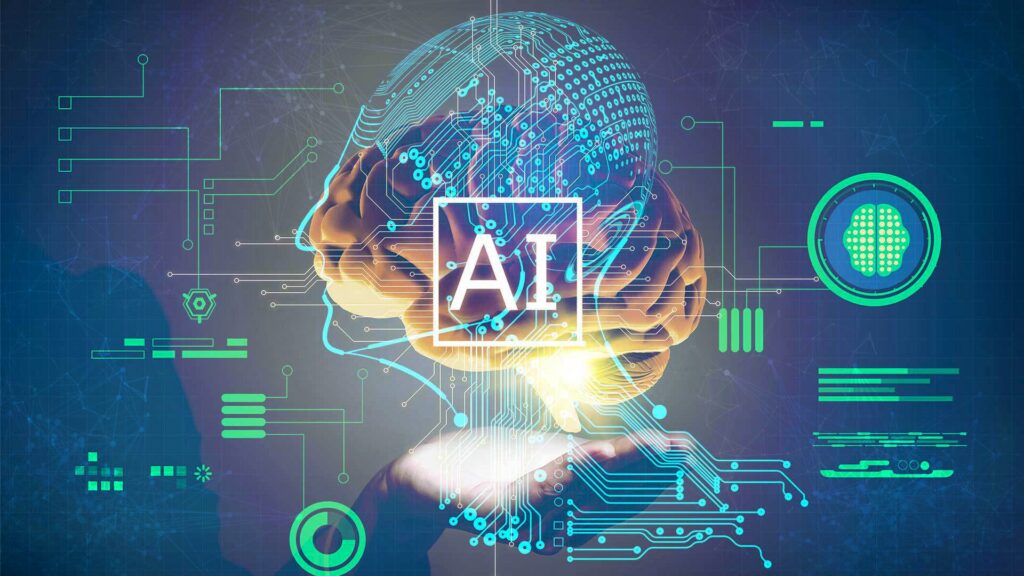Introduction
Intelligence augmentation (IA) refers to the use of technology to enhance human cognitive abilities, enabling individuals to perform tasks more efficiently and make better decisions. This concept stands in contrast to artificial intelligence (AI), which focuses on creating machines capable of human-like intelligence. In this article, we delve into the concept of intelligence augmentation, its applications, and its implications for the future. As technology continues to evolve, intelligence augmentation offers promising avenues for improving human performance in various domains.
Understanding Intelligence Augmentation
Intelligence augmentation aims to empower individuals by leveraging technology to enhance their cognitive functions. Unlike AI, which seeks to replicate human intelligence in machines, IA focuses on enhancing human intelligence through tools and systems. These tools can range from simple productivity software to advanced brain-computer interfaces. By integrating these technologies into daily life, individuals can overcome cognitive limitations and unlock new potentials for creativity, efficiency, and problem-solving.
Applications of Intelligence Augmentation
The potential applications of intelligence augmentation are vast, spanning multiple fields such as productivity, decision-making, education, and healthcare. Here are some of the most impactful applications of IA:
- Productivity Tools: IA tools such as personal information managers, task managers, and collaboration software help individuals organize their work, manage their time efficiently, and collaborate with others effectively. These tools are designed to streamline workflows, reduce cognitive load, and enhance overall productivity. For example, project management platforms equipped with AI-driven analytics can predict bottlenecks in a workflow and suggest solutions, enabling teams to work more efficiently and meet deadlines.
- Decision Support Systems: IA systems provide decision-makers with real-time data analysis, predictive analytics, and visualization tools to support decision-making processes. These systems enable individuals to make informed decisions based on accurate information. In business environments, IA-powered decision support systems can analyze market trends, forecast sales, and optimize supply chain operations, thereby enhancing the strategic capabilities of organizations. By incorporating IA, businesses can make decisions faster and with greater precision, reducing risks and capitalizing on opportunities.
- Education and Learning: IA technologies facilitate personalized learning experiences by adapting content to individual learning styles and preferences. Intelligent tutoring systems, adaptive learning platforms, and online courses utilize IA to enhance the learning process. These technologies not only provide tailored content but also offer real-time feedback and support, helping learners to overcome challenges more effectively. For instance, an IA-based platform can assess a student’s strengths and weaknesses and dynamically adjust the curriculum to address gaps in knowledge, ultimately leading to improved learning outcomes.
- Healthcare Assistance: IA assists healthcare professionals in diagnosing diseases, analyzing medical images, and developing personalized treatment plans. AI-powered medical devices and wearable sensors augment human capabilities in monitoring and managing health conditions. This is especially critical in areas such as chronic disease management, where continuous monitoring and timely interventions can significantly improve patient outcomes. For example, wearable devices that track vital signs can alert healthcare providers to early signs of potential complications, allowing for prompt action and reducing the risk of severe health issues.

Future Implications
The future of intelligence augmentation holds significant promise as technology continues to advance. As IA tools become more sophisticated and integrated into daily life, they have the potential to revolutionize how we work, learn, and interact with the world around us. However, there are also ethical considerations surrounding privacy, autonomy, and inequality that must be addressed as IA technologies become more pervasive. Ensuring that these technologies are accessible to all and that their benefits are equitably distributed will be crucial in preventing societal divides.
Moreover, the integration of IA into various aspects of life raises questions about human autonomy. As individuals rely more on these technologies to make decisions and perform tasks, there is a risk of diminishing personal agency. Balancing the benefits of enhanced cognitive capabilities with the preservation of individual autonomy will be an essential consideration in the development of future IA systems. Furthermore, as IA becomes more widespread, the protection of personal data and privacy will become increasingly important to ensure that the technology is used responsibly and ethically.
Conclusion
Intelligence augmentation represents a paradigm shift in how we think about human-computer interaction. By enhancing human cognitive abilities through technology, IA has the potential to empower individuals and improve overall quality of life. As we continue to explore the possibilities of intelligence augmentation, it is essential to consider the ethical implications and ensure that these technologies are developed and deployed responsibly. The future of IA holds great promise, but it also requires careful consideration of the challenges and responsibilities that come with enhancing human capabilities.




